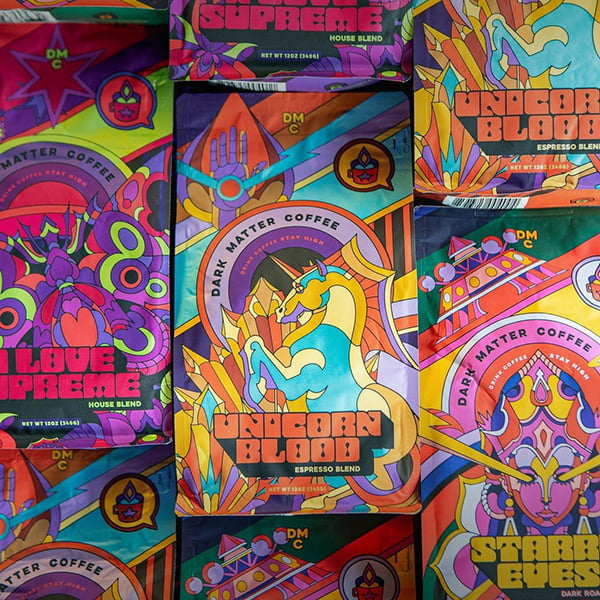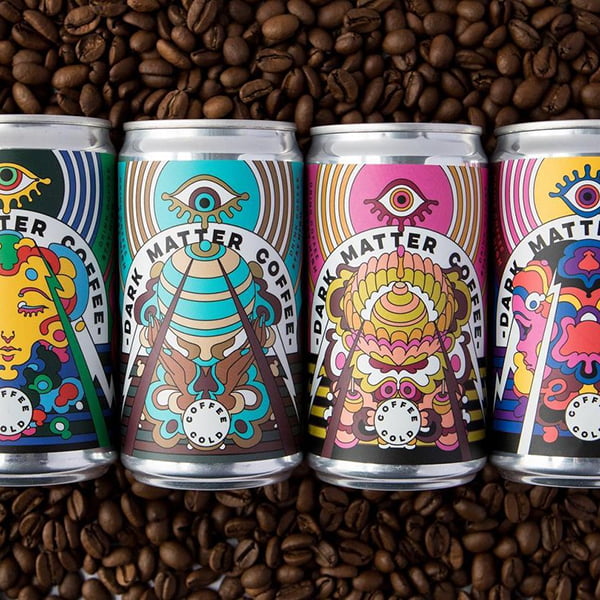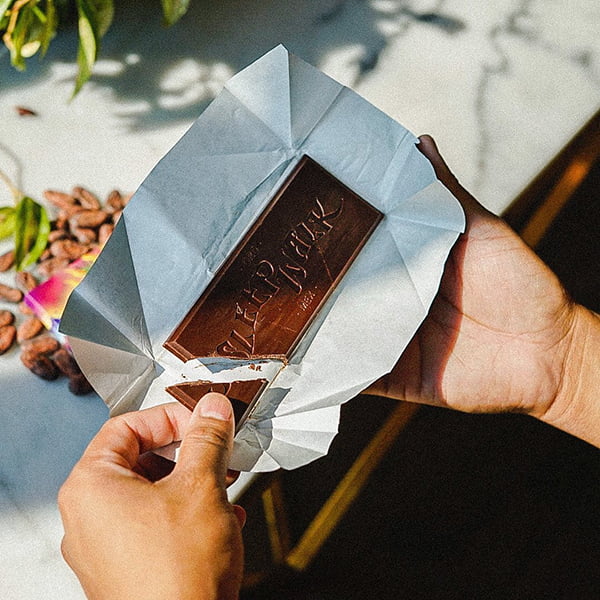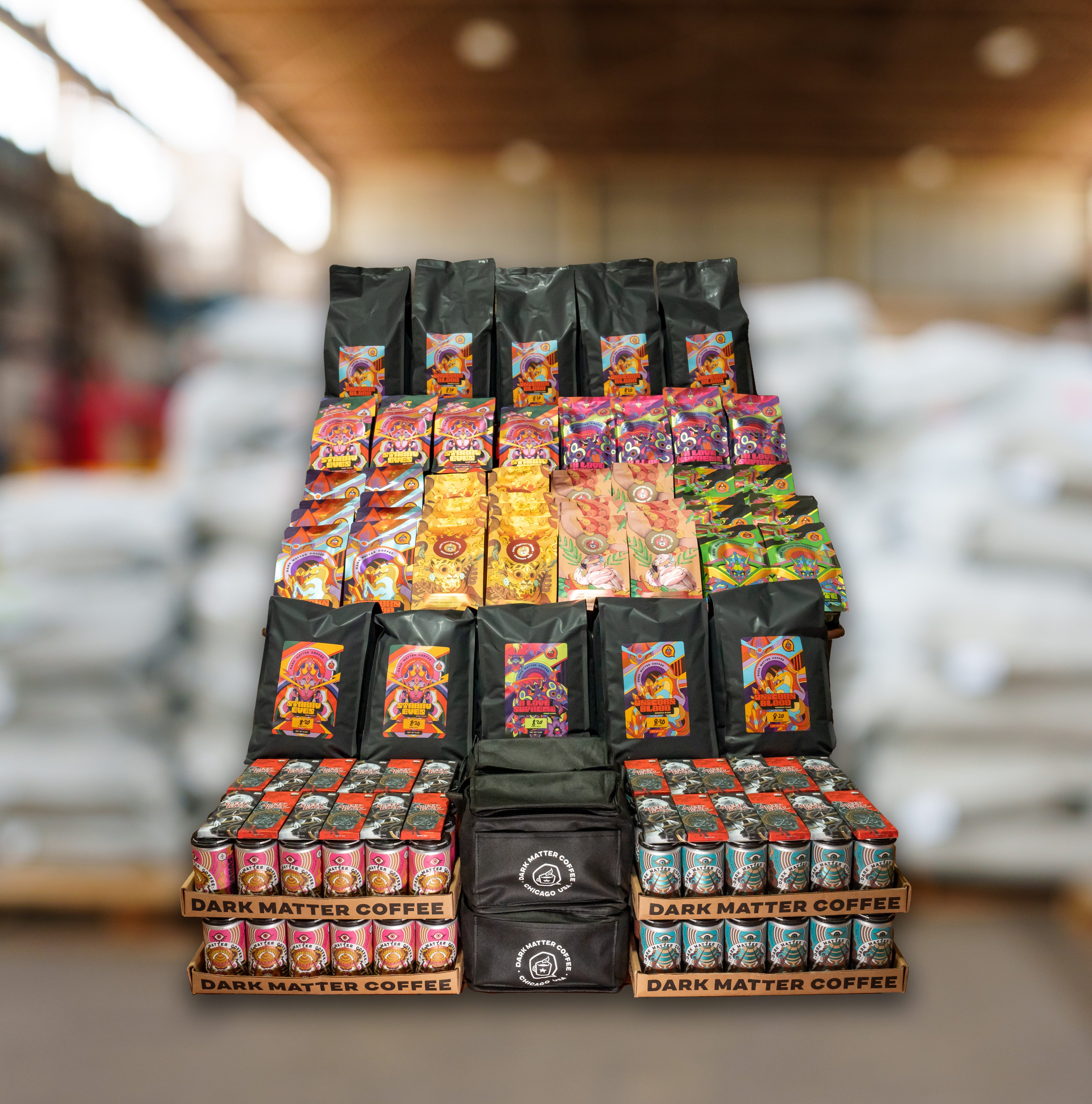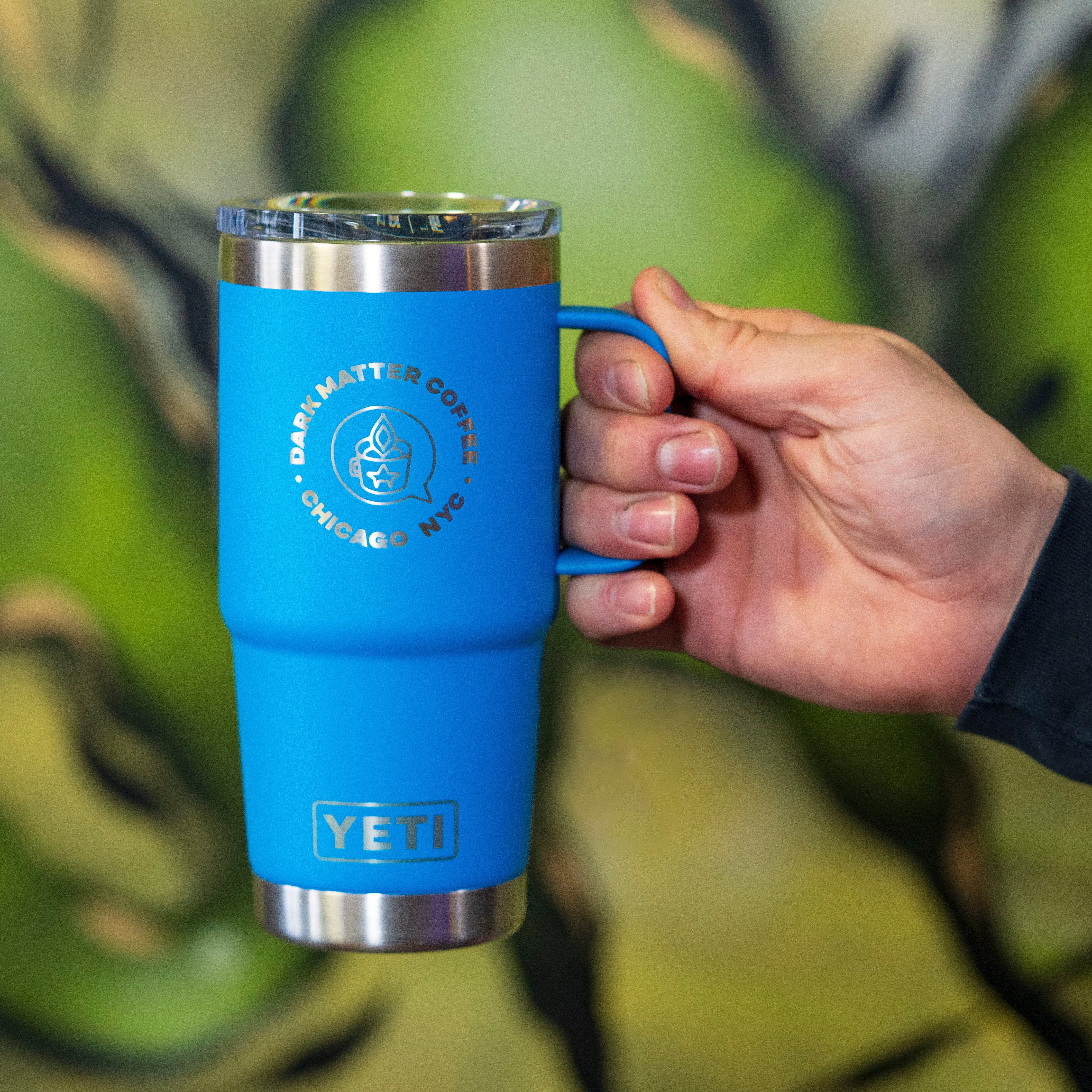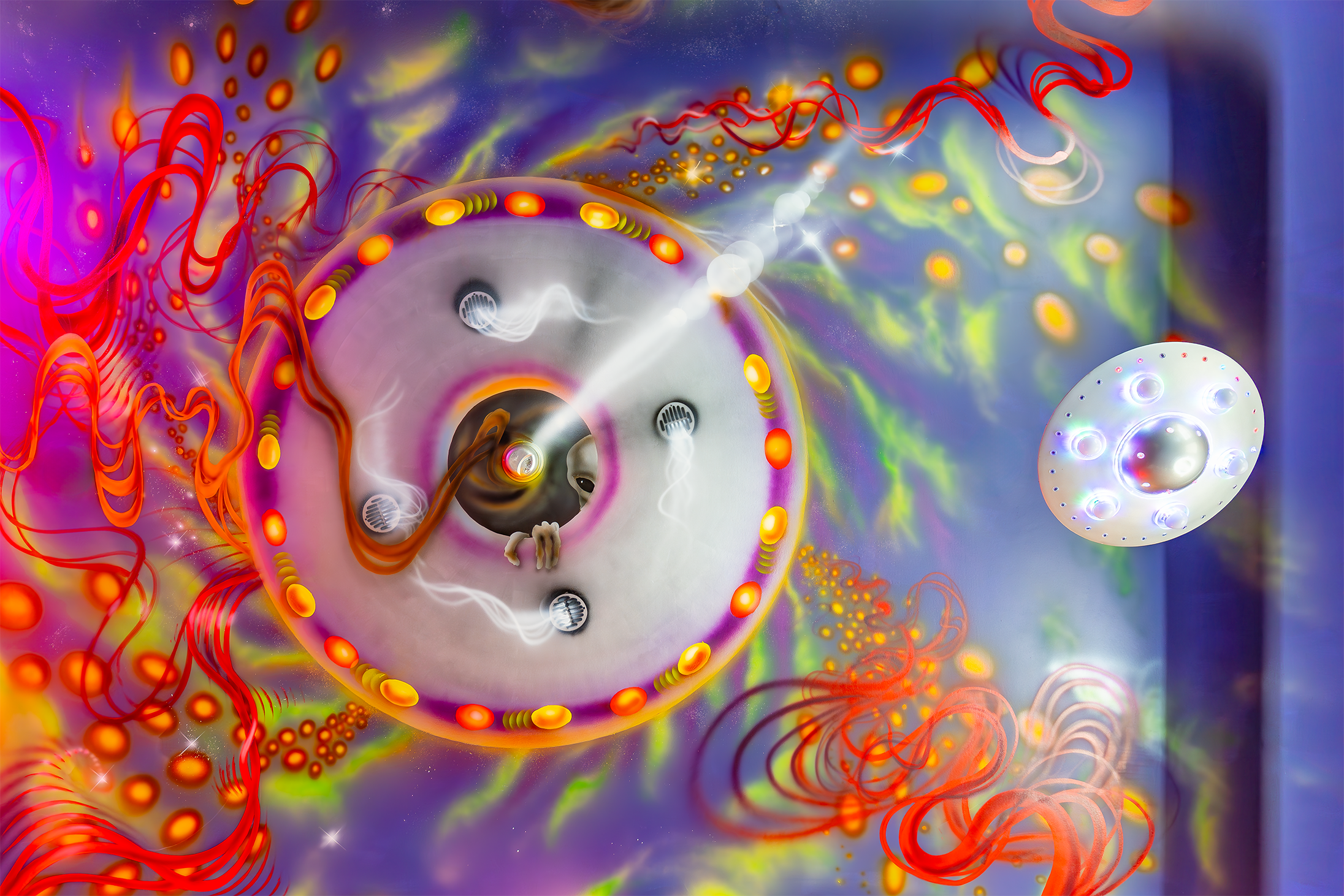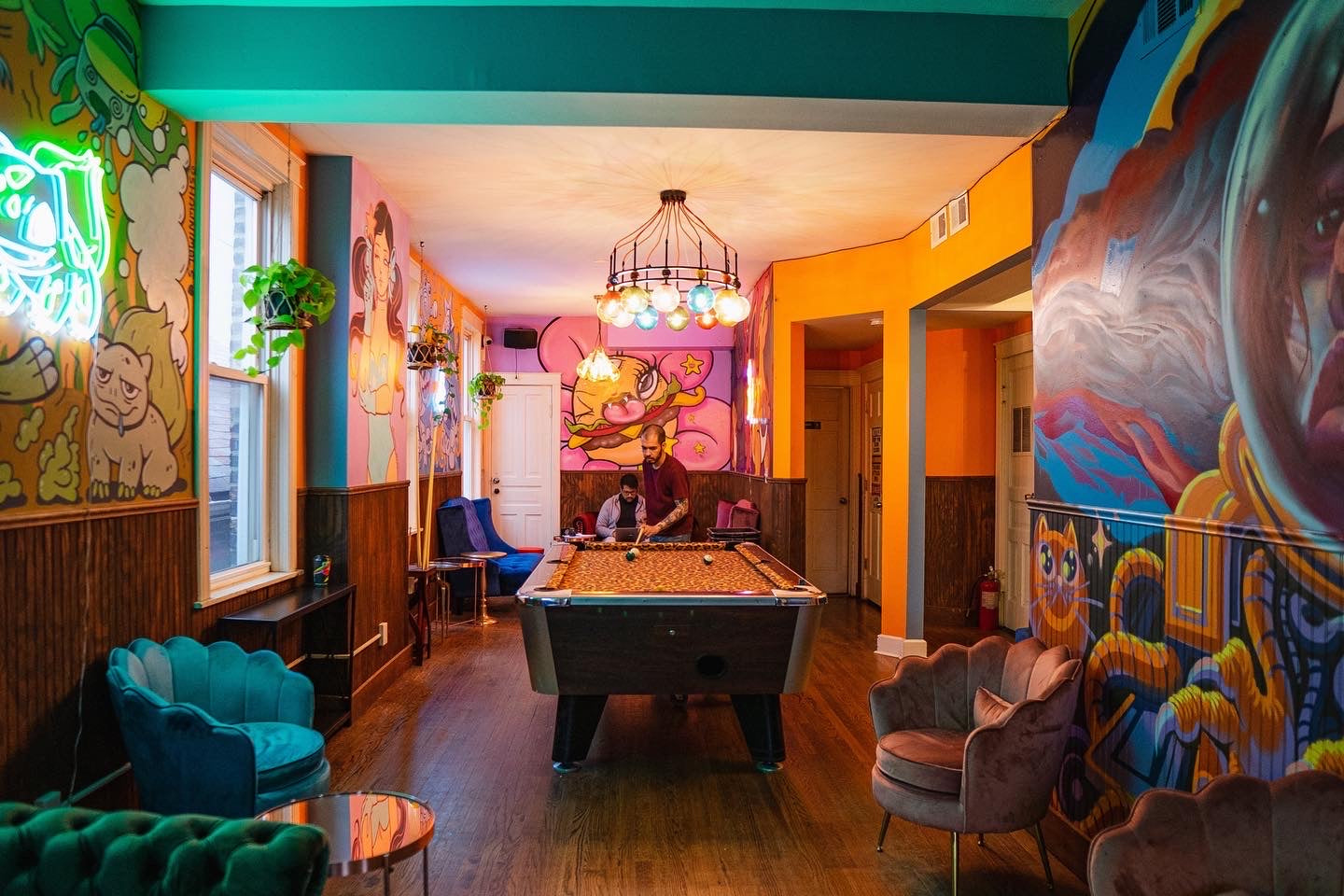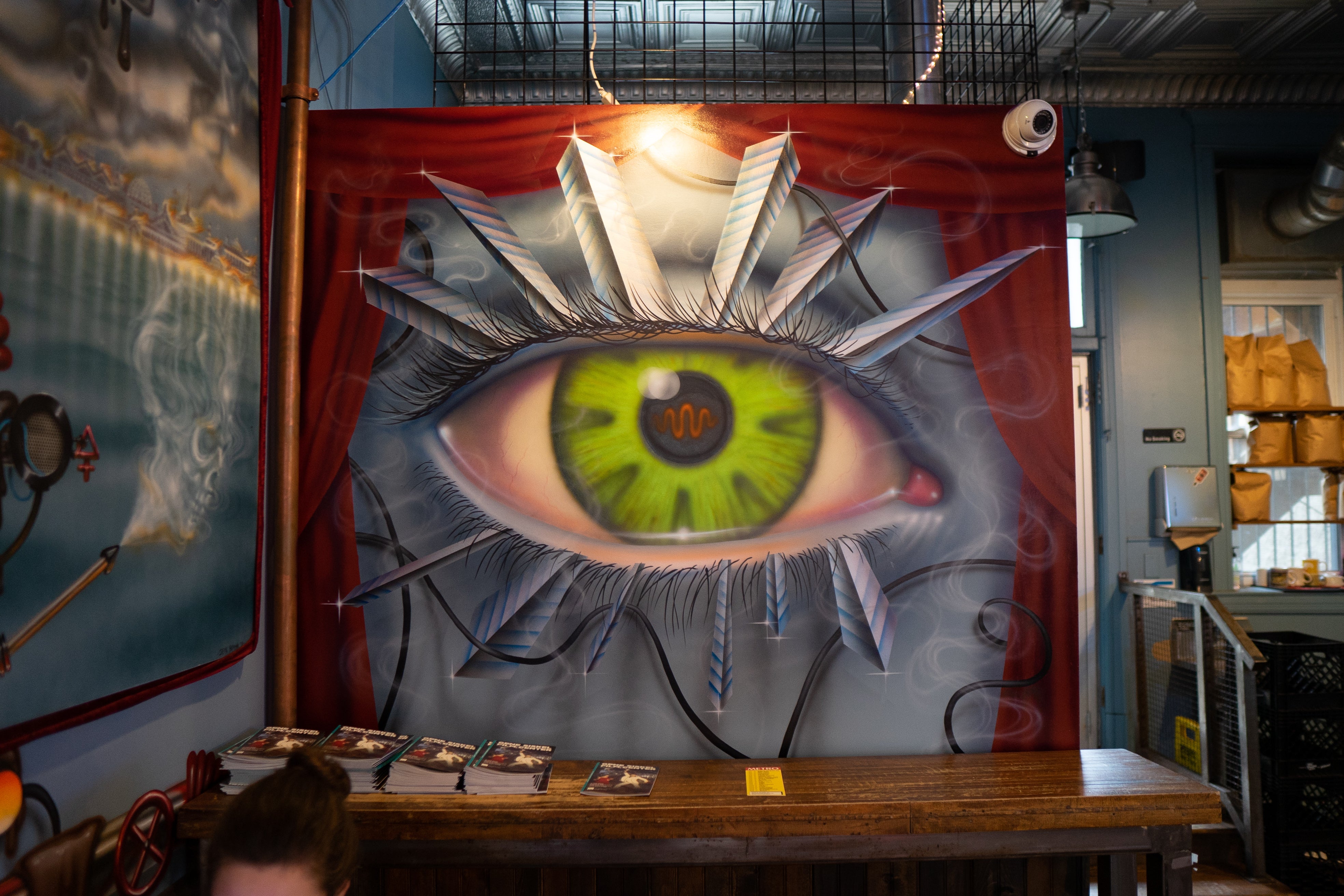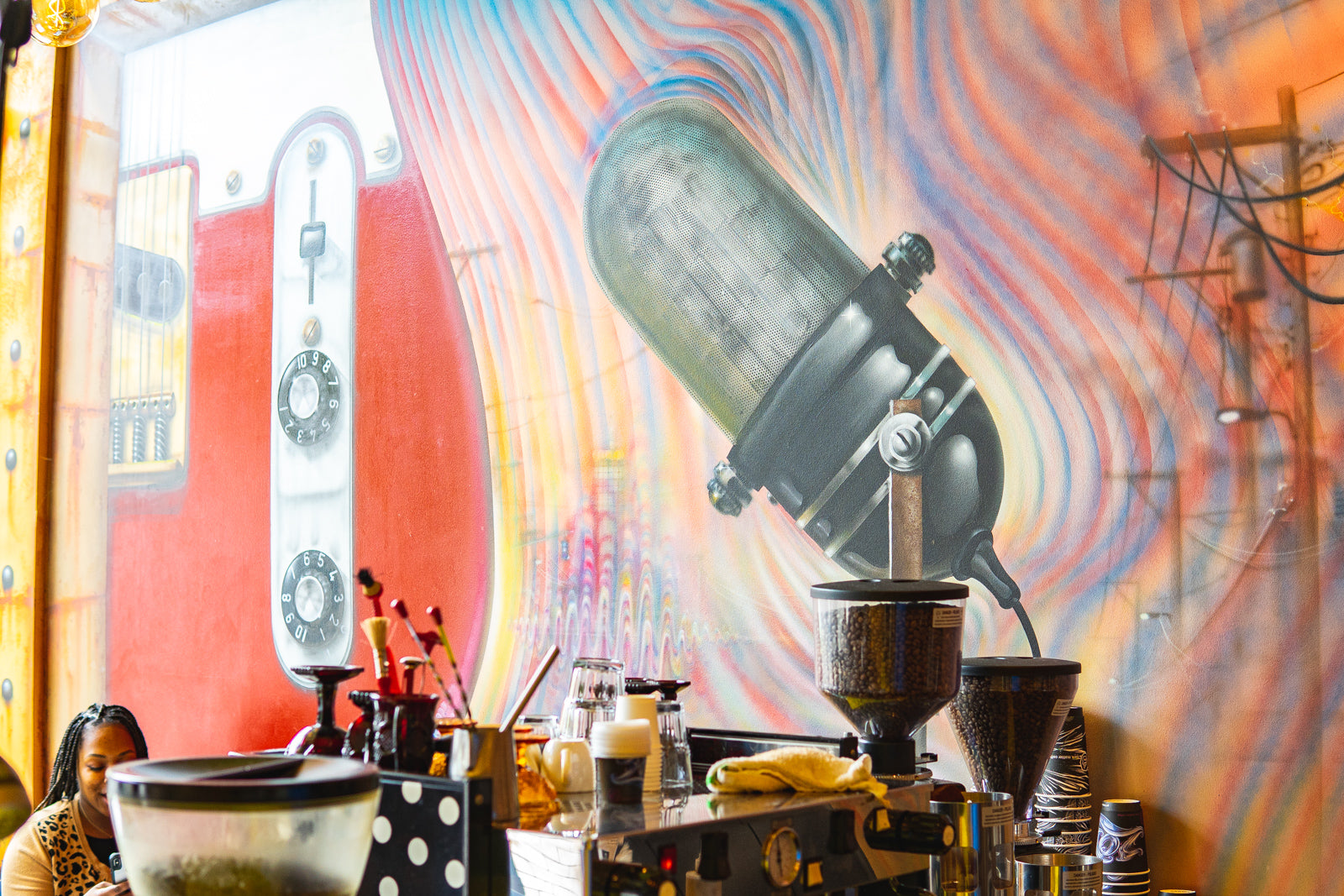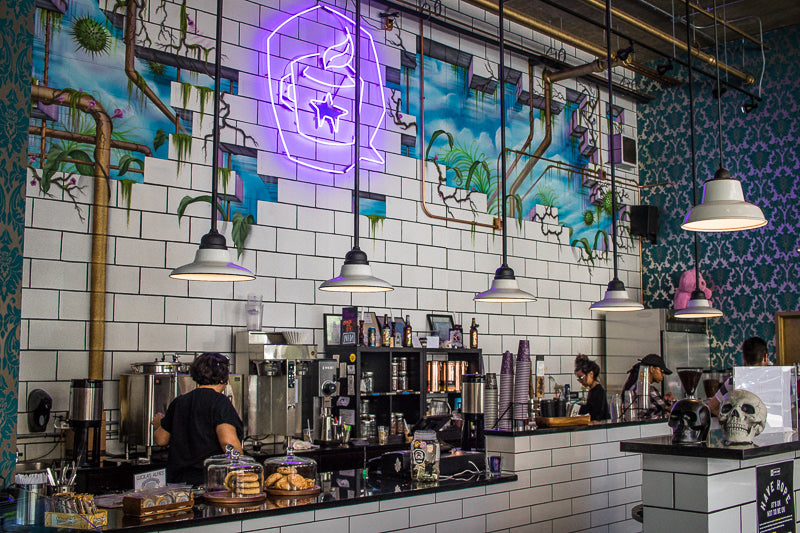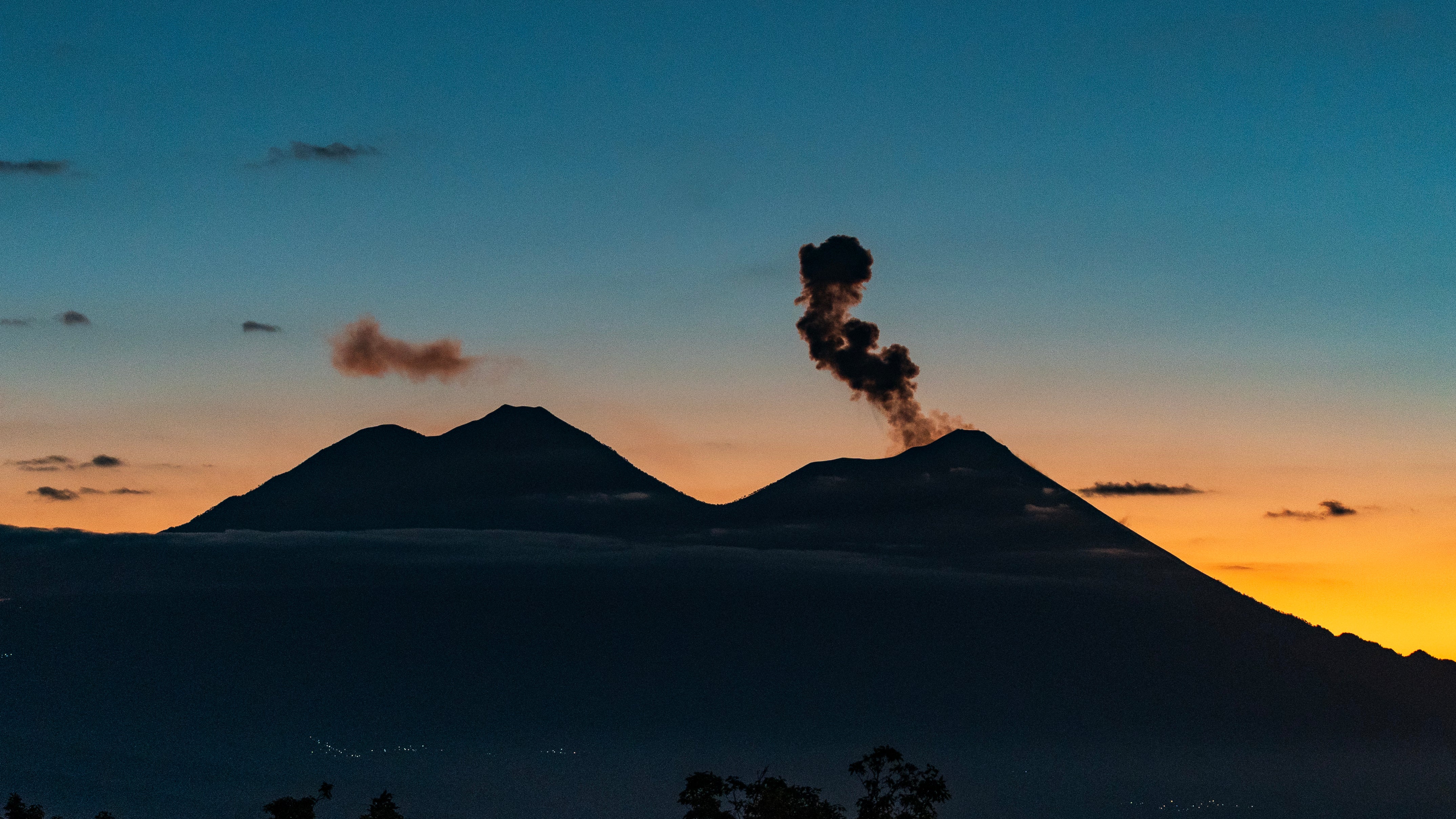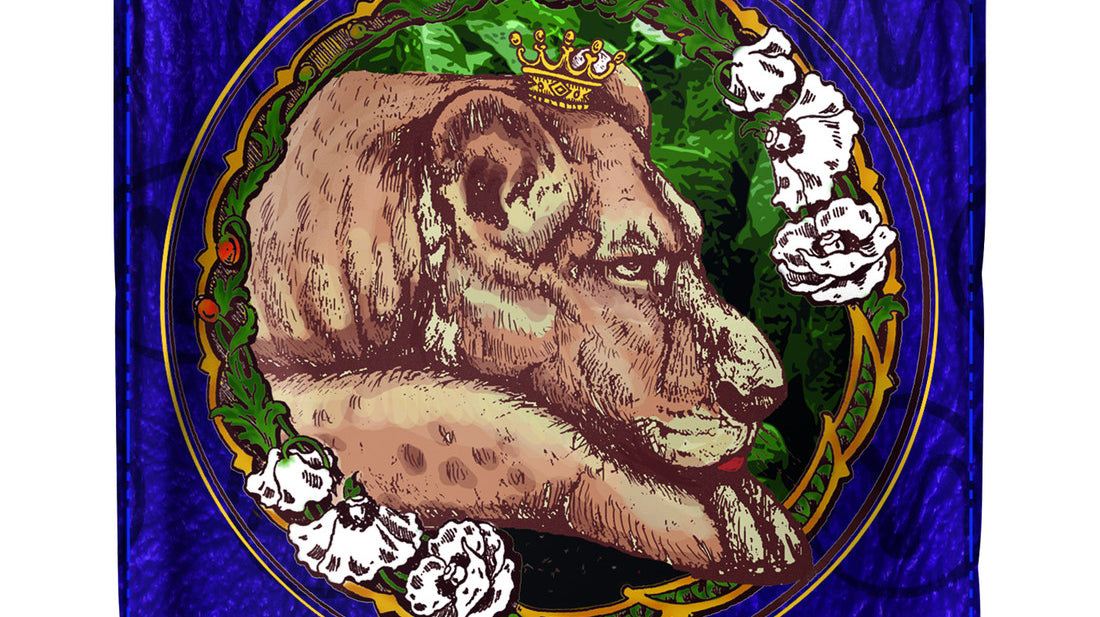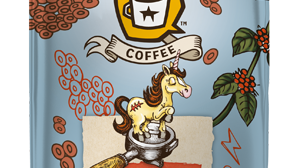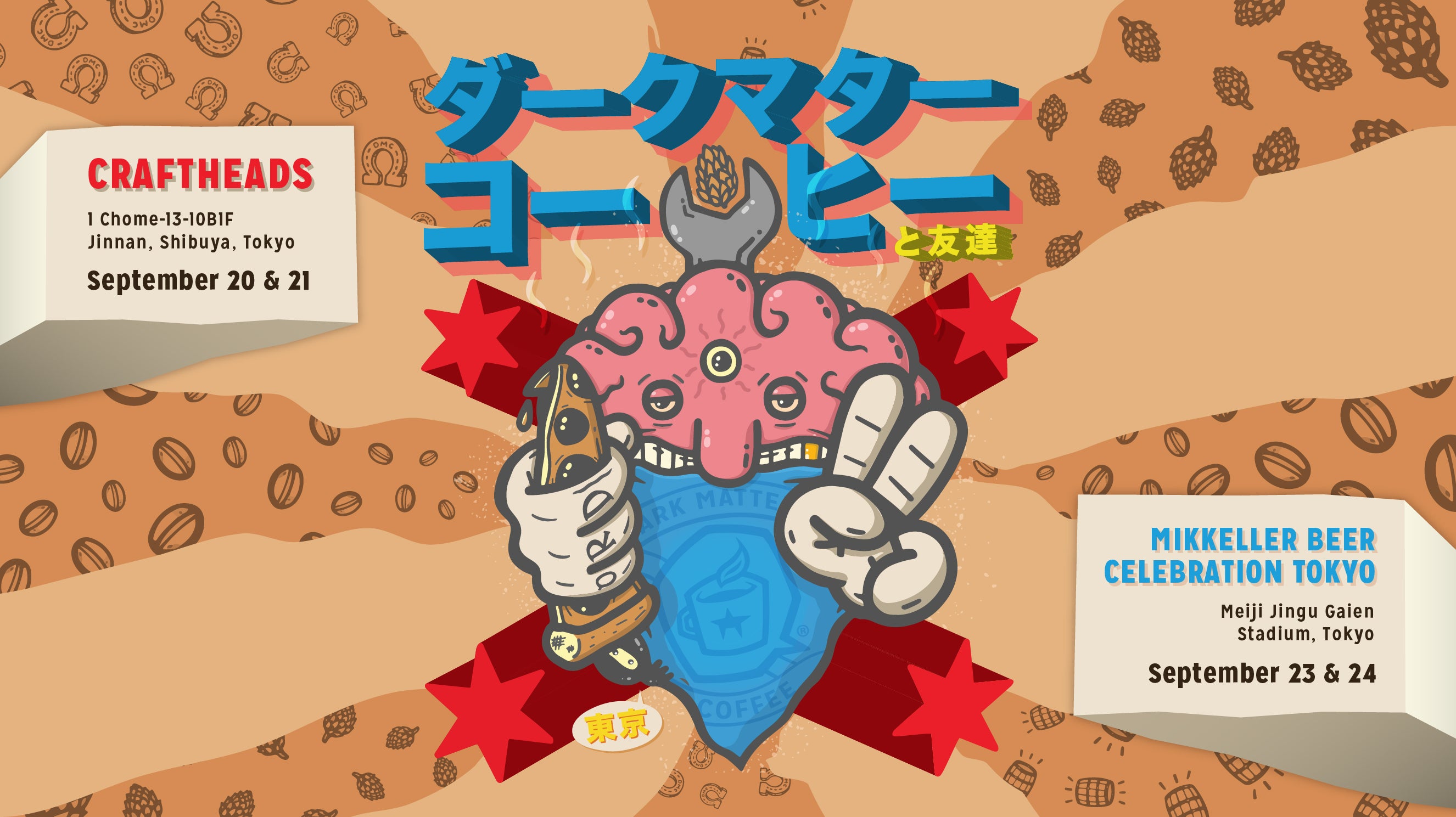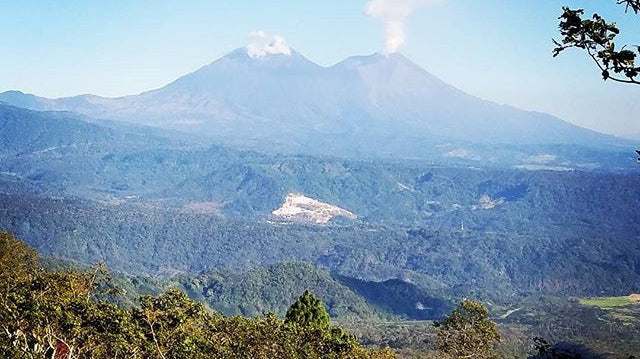News
Tamba (High Concept Coffee Releases)
TAMBA was a lioness that prowled the land at Finca San Jeronimo Miramar in Guatemala years ago. She is now the spirit animal of the farm, safe-guarding the pristine grounds...
Supercollider Event Series
The first series of events are announced! Make sure to register for either event and are 21+ to attend! Tuesday, September 6, 2016 6:00 - 9:00pm Star Lounge Coffee Bar...
Unicorn Blood, now with MORE MAGIC!
Today is the day we can proudly report our coffee portfolio consists entirely (aside from decaf) of Central American coffees we have purchased through our friends. Our money is transferred...
Experimental Coffee - Beer Yeast Fermentation
Fermentation is an integral point in the processing of coffee. For the majority of coffees, fermentation is a tool used to break down the sugary, gelatinous plant material (pectin) surrounding...
Hop Fermented Coffee
Several years ago amidst the ice coffee mania we saw our friends Oddly Correct Coffee doing a really cool variant using a cold coffee extraction with dry hops. We always...
Dark Matter Coffee And Friends Tokyo Pop-Up
Dark Matter Coffee & Friends is a two day pop-up in the Shibuya-Ku neighborhood of Tokyo, hosted by Craftheads. Featuring experimental coffees, beer collaborations, artwork from Shawnimals and a Public Image Ltd presentation from Martin Atkins! Join us Thursday & Friday, September 20 & 21st starting at 11:00am!
Experimental Coffee - Wine Yeast Fermentation
These coffees represent our continued development with fermentation, specifically, a species of yeast called Saccharomyces cerevisiae. Saccharomyces is primarily needed to produce beer, wine and bread making it one of the most important...
Coffee Sourcing 2017 - Finca San Jeronimo Miramar
Chicago isn't known to be the friendliest of places to call home during the cold winter months of January through March. Lucky for DMC, this is prime season for purchasing...

